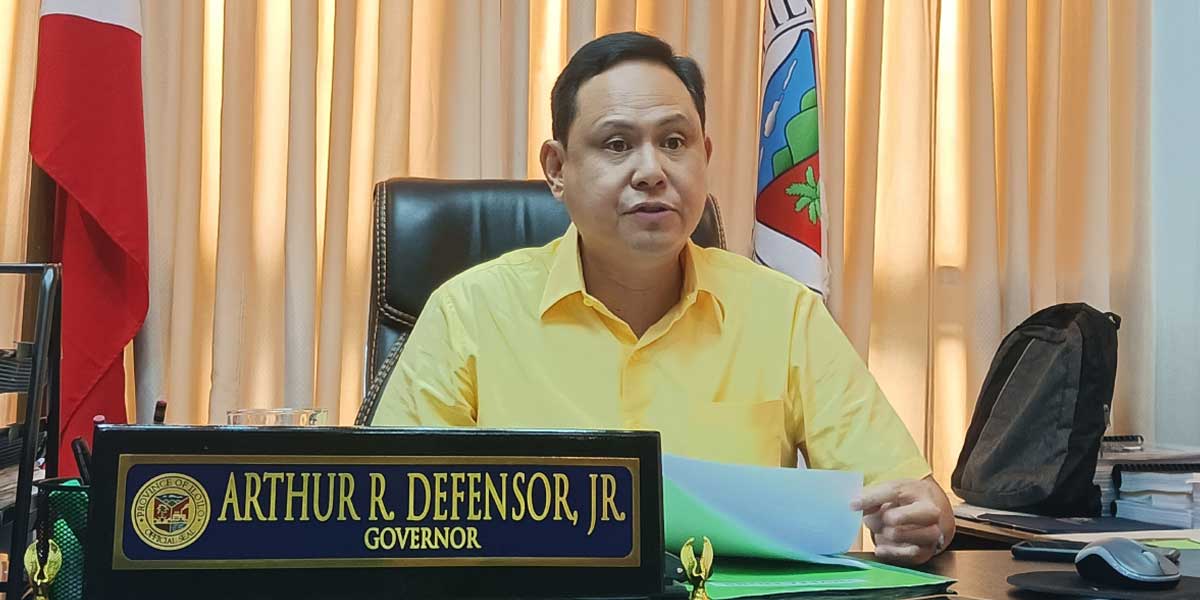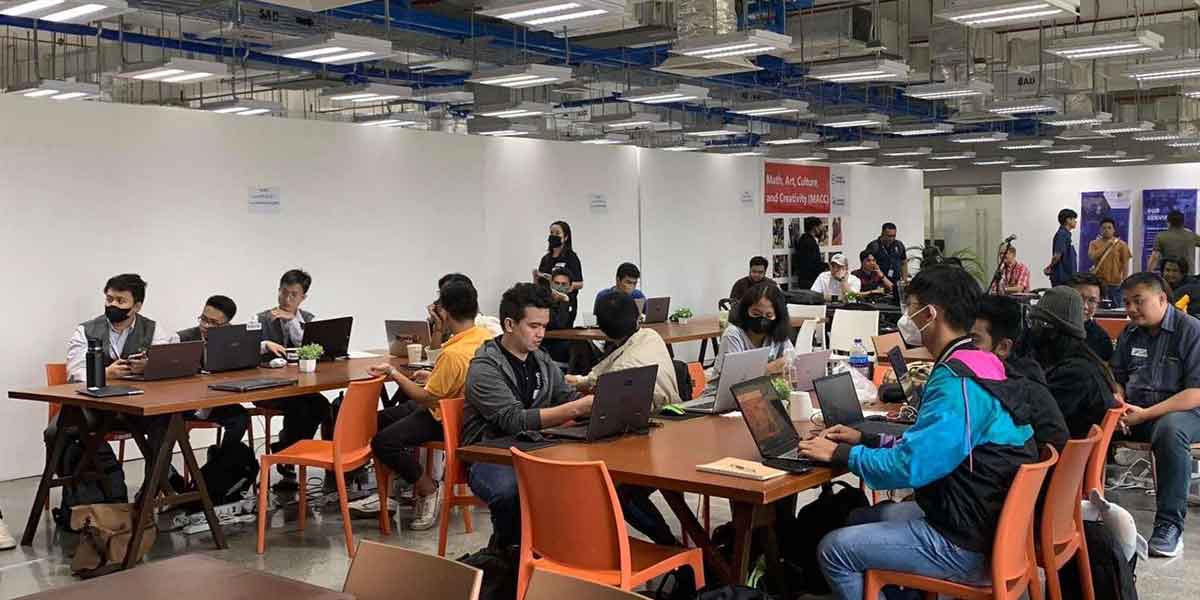 By Modesto P. Sa-onoy
By Modesto P. Sa-onoy
Slowly but consistently countries infected with the 21st century pandemic of the corona virus have begun the process of lifting the quarantine they imposed to curb the spread of this diseased that so far, no cure had been found. The virus itself seems to have completed its visit on humankind or as if man is being reminded of his vulnerability to a tiny, unseen creature save under a microscope.
Now world leaders are counting the cost in human lives, though not so many because more lives are lost daily by abortion, killings and mayhem, drugs, accidents and other sorts of human sickness.
The high cost is in the damage to the international and national economies. The lockdown halted almost every economic activity and to sustain the victims of unemployment, governments are spending trillions of dollars to keep people alive or prevent them from riots. In fact, some communities in the United States have already defied the quarantine to demonstrate, demanding aid.
In our home front, National Economic Development Authority Secretary General Ernesto Pernia last Thursday warned that “extending the enhanced community quarantine beyond April 30 would take a toll on the economy. The worst-case scenario is negative one percent and zero. But the more upbeat scenario is a growth rate of positive one percent and two percent.”
The following day, Pernia announced his decision to step down from his post, citing “personal reasons” and “differences in development philosophy” with some members of the Duterte Cabinet. The President immediately accepted his resignation, a signal that President Duterte agreed with the members of the cabinet whose “philosophy” is diametrically opposed to that of Pernia.
The resigned NEDA chief added that “It would be difficult [to extend the lockdown]. A lot are saying that there should be partial opening. However, there should be precaution against the resurgence or the relapse of people who had been cured or who were able to avoid the Covid-positive situation.”
He cited what happened in Wuhan, China, where relapses were reported after the lockdown was lifted and Singapore that also had a relapse as in Korea. So, “we have to be careful about opening and lifting the quarantine in some areas.”
His idea is for a graduated lifting. “If the quarantine is eased, businesses producing essential goods and services must be allowed to open first. These include businesses providing personal needs, personal maintenance such as haircuts, and even house cleaning and laundry services. There are a lot of needs which are not vital but needed for more comfortable living,” Pernia said.
He admitted on Saturday that his insistence on allowing more economic activity by the private sector during a modified lockdown to control the contagion had created dissonance in the Cabinet but that his was not the “lone voice” in the Duterte administration. But his apparently was in dissonance with that of the President and the more powerful members of the Cabinet.
“I wanted to stay on and continue the fight against the COVID-19, but when the orchestra is not well-orchestrated, then you have a little problem,” Pernia told CNN Philippines. “Since I seemed to be a dissonant voice among others, I thought I should just quit.”
Nevertheless, he projected that the economy would contract in the second quarter as a result of the pandemic, but the subsequent quarters will see growth. He said he was one of several Cabinet members who wanted to push through with certain critical projects, such as roads and highways as well as railways.
Pernia said he was hopeful that under a modified quarantine setup, building infrastructure would be allowed “because this is the best time for such infrastructure projects when traffic is at a minimal level.”
On the other hand, the COVID-19 Pandemic Response Team at the University of the Philippines published an article, “Modified Community Quarantine beyond April 30: Analysis and Recommendations,” expressing the same sentiment as Pernia’s and saying that extending the lockdown might not be sustainable.
Prolonged restriction on the movement of goods and services over a large area (i.e. region-wide) can unnecessarily paralyze local economies,” the UP group warned.
Occidental Negros Governor Eugenio Lacson has started a phased lifting of the ECQ, albeit cautious. Bacolod is sticking to its guns even after the firing has ceased. What more can be done?
Let’s continue tomorrow with other suggestions.






















